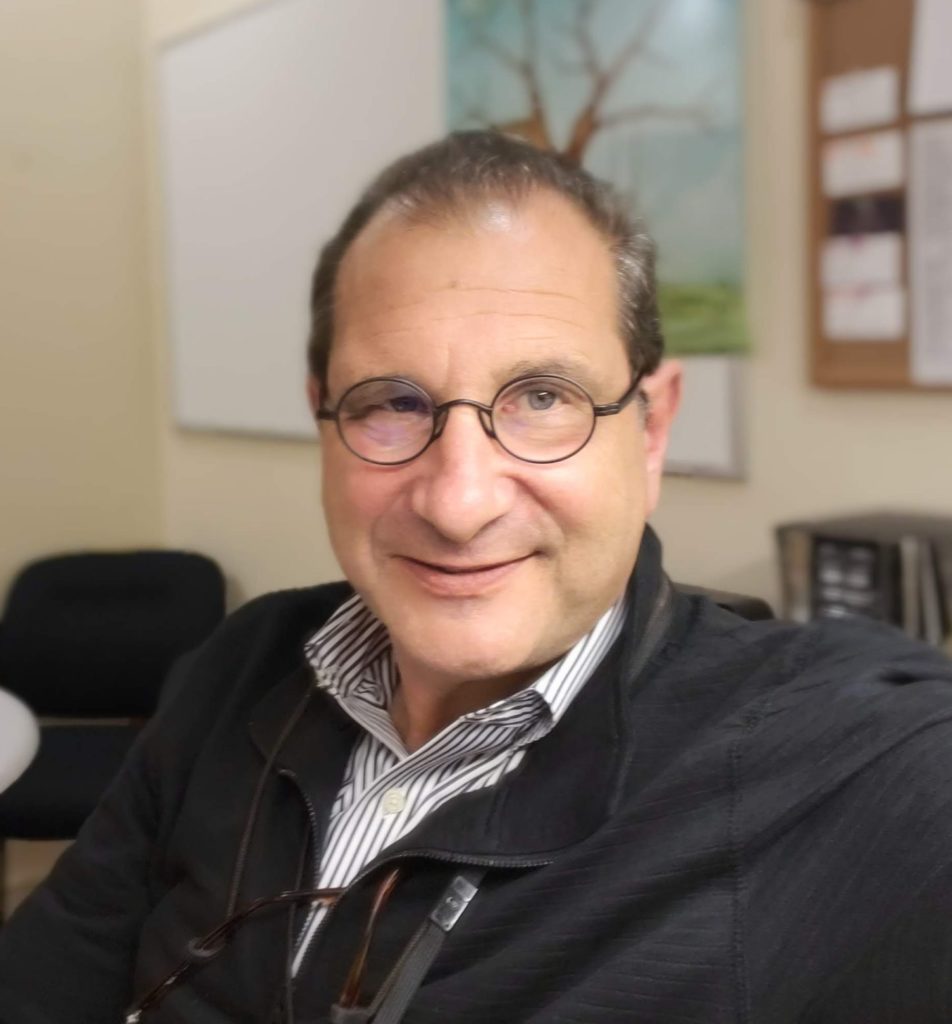As more people get vaccinated, we see our world opening up to us once again. Yet, even as we can see an end to the pandemic, some people remain reluctant to leave the comfortable confines of the social bubble they created for themselves.

If you feel like one of those people, don’t feel bad. It’s understandable. A lot has been written about the emotional toll this year of social distancing has taken on our emotional, spiritual and psychological well-being.
Recently, I read an article about the effects of a year of social isolation on the brain. The author writes about how, “After lockdowns throughout the darkest months of winter, there is a sense that we are collectively losing our minds, forgetting simple things and general sluggishness.” It’s called “brain fog,” and it is a real thing. Dr. Kim Hellemans, Chair of the Department of Neuroscience at Carleton University, studies the effects of stress on the brain. She writes that “[the] lack of social interaction is a contributor to the loss of our normal cognitive functioning.” And it can leave all of us feeling overwhelmed.
Fortunately, our brains are very resilient, and brain fog is temporary. Over the centuries, we’ve learned how to adapt. Just as we adjusted to a new way of life a year ago, so too will we adjust to life after COVID-19. It will take some time, and it will be different for everyone, but we can regain our energy and our desire to get out and socialize.
“There’s going to be a reverse culture shock when we enter society,” said Dr. Hellemans. “We’re all going to get tired. It’s like a re-entry to face-to-face conversation.” This adjustment will look different for everyone. “It’ll exist on a continuum from people who bounce back right away to [others who may need] more support, medicine, and therapy.”
While we are all trying to figure out how to re-enter our community, let me share a few suggestions:
First, take your time. Do not try to transition all at once. Identify your highest priorities like getting vaccinated, seeing a doctor, or reconnecting with close friends. Just plan a few things each week. Don’t try and do too much.
Second, lean into your feelings. Believe me, the tension or anxiety you may be feeling is a normal reaction to your feelings about re-entering the community and being with people you haven’t seen in a long time. Find ways to talk about that.
Third, fight the feeling of surrender. The loss of friends and family and the absence of socializing has taken a toll on us all. You are not alone in your feelings. As hard as it may be to know that others share your feelings, that knowledge may make it easier. Always remember that it is so important to reconnect with people. When you are engaging with another person, it’s a reminder that you matter and that alone can invigorate the soul.
At the end of the day, our lives will not be the same as they were before the pandemic. In some ways, that can make us sad, as we remember those we lost. In other ways, however, it’s exciting as we realize that we still have the will to live through challenging times and the ability to grow and learn as we continue to stay in touch with the world through Zoom and other new technologies. Life may not be the same as it was, but we are still alive, and you matter. So let’s make the best of it.




